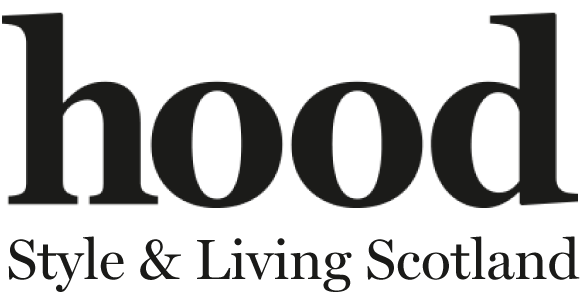The M Word: Feel in control of your finances, with our new columnist Rachel Stewart
Sponsored post, in association with Rachel Stewart
After the headache subsides, the start of a new year tends to bring a (much-needed) kick towards health and wellbeing. It’s running, yoga classes and health smoothies galore for me! But what many of us don’t consider in a New Year plan, is a financial health check.
I find that the long dark nights lend themselves well to jumping into my pyjamas, grabbing a massive cup of tea, pen and paper, and doing some financial soul searching.
I am passionate about financial wellbeing and the key here is mindset. This exercise is about personal growth and development in the same way we all enjoy in other aspects of our lives, but when we think about our finances our preference is to stick our head in the sand.
The best way to start a financial health check is to jot down “outcomes" you would like to achieve, such as buying a house or seeing the kids through university. I feel that "goals" are too finite. Outcomes are adjustable as time goes on and circumstances change, to make sure they remain right for you.
The next stage has two parts 1) looking at your expenditure and 2) ask yourself some tough questions. Think of it like building a house, you’ve got to get yourself a budget and build some good, solid foundations before you can build the actual house.
There are some great budgeting apps out there to help you arrange and categorise your finances. Or just grab your monthly statements and different coloured highlighters. Things like housing costs, utility bills, council tax, insurance, childcare and other expenditure necessary to protect yourself and loved ones should be categorised as essential expenditure. Then you will have every-day expenditure such as food, cleaning, travel, school and other things which you require in order to work and live. The part that is left over is your non-essential spend, clothing, birthdays, entertainment, holidays and such like. It is this expenditure which might give you a surprise. This is not about doing without, it’s about realising your emotional, quick fix spending and understanding if you could make better use of it.
In my view the next part is the hardest. It’s human nature to avoid thinking about the big what ifs. No one wants to contemplate their own mortality but in order to protect your loved ones and your future self, it’s something which is incredibly important to do as a part of a financial health check. I tend to touch on the following questions. What if you have a financial emergency? What if you are sick? What if you die too young? What if you live too long? I refer to these questions as the “foundations” and just like your house, your answers are essential for understanding whether your foundations are solid.
Once you have your expenditure, outcomes and what ifs all written down you should start to see a basic plan emerging. You will start to see where there may be shoogly foundations and where you might need some advice on the best way forward.
This is your financial health check. Stick it on your fridge or somewhere you will see it and you can add to it, take notes or cross things off as you go. I get a real feel good by physically deleting tasks that are completed. Stay tuned ladies and don’t hesitate to get in touch if you want to chat about your financial health check.

